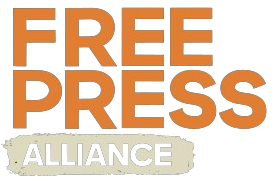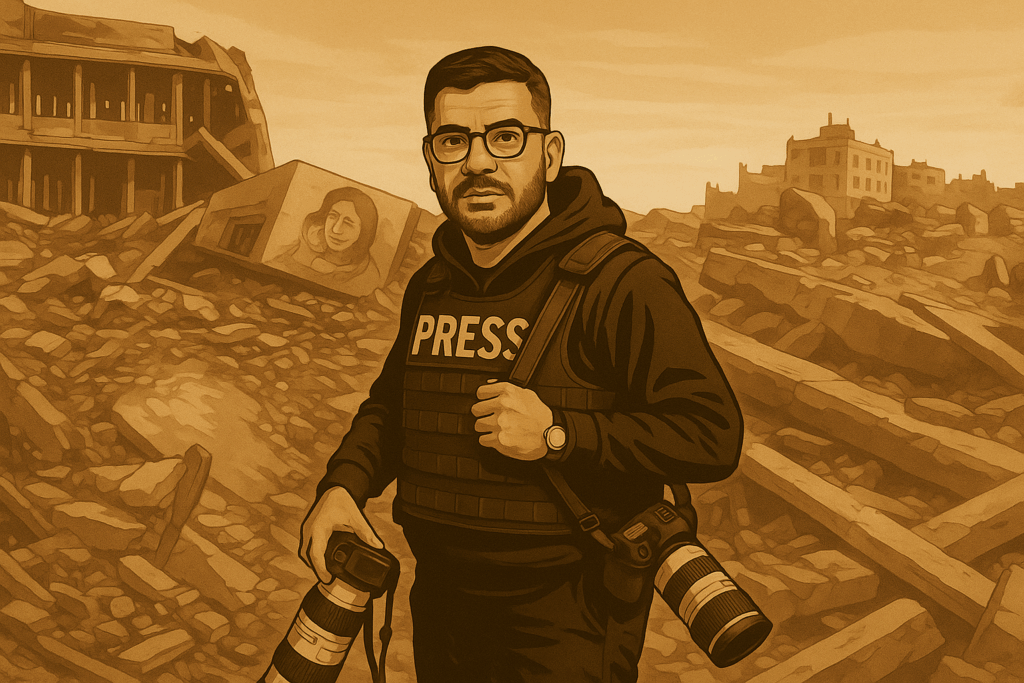War reporting has always involved extreme risks: bombings, kidnappings, censorship, and constant threats. But in Gaza, the greatest danger for those reporting is no longer just violence, it’s hunger.
Humanitarian aid is not reaching the Strip, and both journalists and civilians are facing a critical famine. This is the case of photojournalist Bashar Taleb, who tirelessly documented the devastation in Gaza until malnutrition forced him to stop.
On Saturday, July 19, Taleb posted a heartbreaking message on his Facebook account:
“I no longer have the strength to work in the media. I’m thin and can’t work anymore.”
His work has been featured by Agence France-Presse (AFP), which has issued an urgent statement warning that its correspondents in Gaza are starving.
“Since AFP was founded in August 1944, we’ve lost journalists in conflict, had wounded and imprisoned colleagues, but none of us can recall witnessing a colleague starve to death,” said the agency’s Journalists’ Society.
Taleb’s case is not isolated. In southern Gaza, Alham, another contributor, reports that her biggest concern is no longer the war, it’s finding something to eat.
“Every morning, the same question echoes across Gaza: Will I eat today?”
Although Taleb receives a salary from the agency, he cannot access it.
“The banking system has collapsed, and those who convert digital bank balances into cash charge almost 40% in commission. And still, there’s nothing to buy,” he explains.
Without local journalists like Taleb and Alham, the world would have no idea what is happening inside Gaza. The international press has been barred from entering the territory for nearly two years.
The famine is not only affecting journalists. Organizations such as Save the Children, Oxfam, and Doctors Without Borders have all criticized an unprecedented humanitarian crisis. The little aid that does make it in is nowhere near sufficient.
A letter signed by the UN and several international organizations accuse that only an average of 28 trucks carrying humanitarian aid are currently allowed into Gaza each day. The UN has warned that at least 600 trucks daily are needed to adequately feed the more than two million people living there.
Despite international pressure, Israel continues to block the entry of supplies and denies media access.
At Free Press Alliance, we make an urgent appeal to the international community to demand that the Israeli government immediately lift the blockade on humanitarian aid. It’s not only journalists who need support to continue reporting, but millions of civilians are also trapped in inhumane conditions. Press freedom cannot exist where survival itself is at stake.

